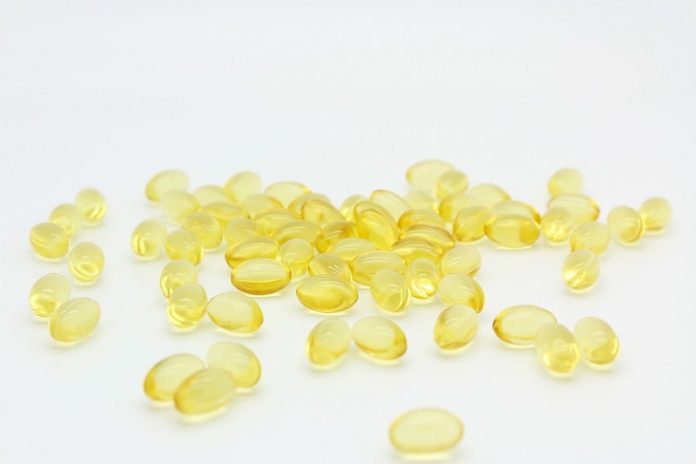
Scientists from the University of Las Palmas de Gran Canaria found that moderately consume fish and omega-3 may help lower depression risk.
Omega-3 fatty acids (also called omega-3 fats and n-3 fats). These are essential fats—the body can’t make them from scratch but must get them from food.
Foods high in Omega-3 include fish, vegetable oils, nuts (especially walnuts), flax seeds, flaxseed oil, and leafy vegetables.
Omega-3 is important for making hormones that regulate blood clotting, contraction and relaxation of artery walls, and inflammation.
Omega-3 fats have been shown to help prevent heart disease and stroke, may help control lupus, eczema, and rheumatoid arthritis, and may play protective roles in cancer and other conditions.
Omega-3 fats are a key family of polyunsaturated fats (PUFA). There are three main omega-3s:
Eicosapentaenoic acid (EPA) and docosahexaenoic acid (DHA) come mainly from fish, so they are sometimes called marine omega-3s.
Alpha-linolenic acid (ALA), the most common omega-3 fatty acid in most Western diets, is found in vegetable oils and nuts (especially walnuts), flax seeds and flaxseed oil, leafy vegetables, and some animal fat, especially in grass-fed animals.
The human body generally uses ALA for energy, and conversion into EPA and DHA is very limited.
In the current study, researchers aimed to examine the links among eating fish and seafood, omega-3 (ω-3 PUFA) intake, and people’s depression risk.
They used a food-frequency questionnaire to examine the fish and seafood consumption and ω-3 PUFA intake.
The team also checked medical diagnosis of depression or use of antidepressants in participants.
In the 6587 participants tested, there were 1367 people with depression. The team found that eating seafood generally was not linked to depression.
But moderate intake of omega-3 was strongly linked to a lower risk of depression. In addition, high intake of omega-3 had no such effect.
The team concluded that moderate consumption of fish and omega-3, but not high intake, is linked to lower depression risk.
The research is published in Nutrients and was conducted by Almudena Sánchez-Villegas et al.
Copyright © 2022 Scientific Diet. All rights reserved.








